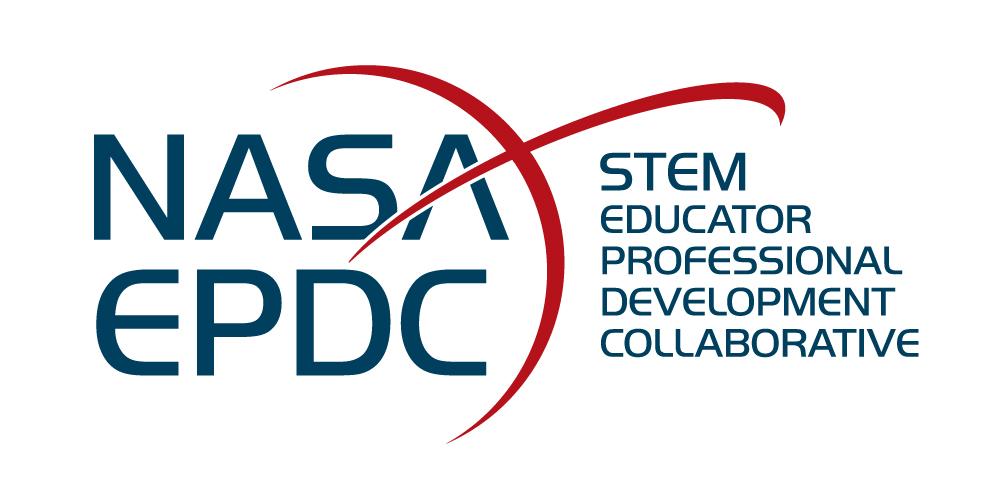Deepika is a NASA Education Professional Development Specialist at Goddard Space Flight Center in Greenbelt, Maryland. She works to support education in eleven East Coast states ranging from Virginia to Maine. Deepika has worked in STEM Education in various capacities – as a researcher, educator, outreach coordinator, member of a non-profit startup, and K-8 Educator. She has enjoyed building diverse experiences in STEM education and hopes to add unique value to Educator Profession Development at NASA. Deepika has degrees in Electrical Engineering from University of Mysore, India (Bachelors), University of Maryland, College Park (Maters), and Purdue University (Ph. D.) where she researched how to teach fundamental disciplinary concepts in Electrical Engineering. | |





